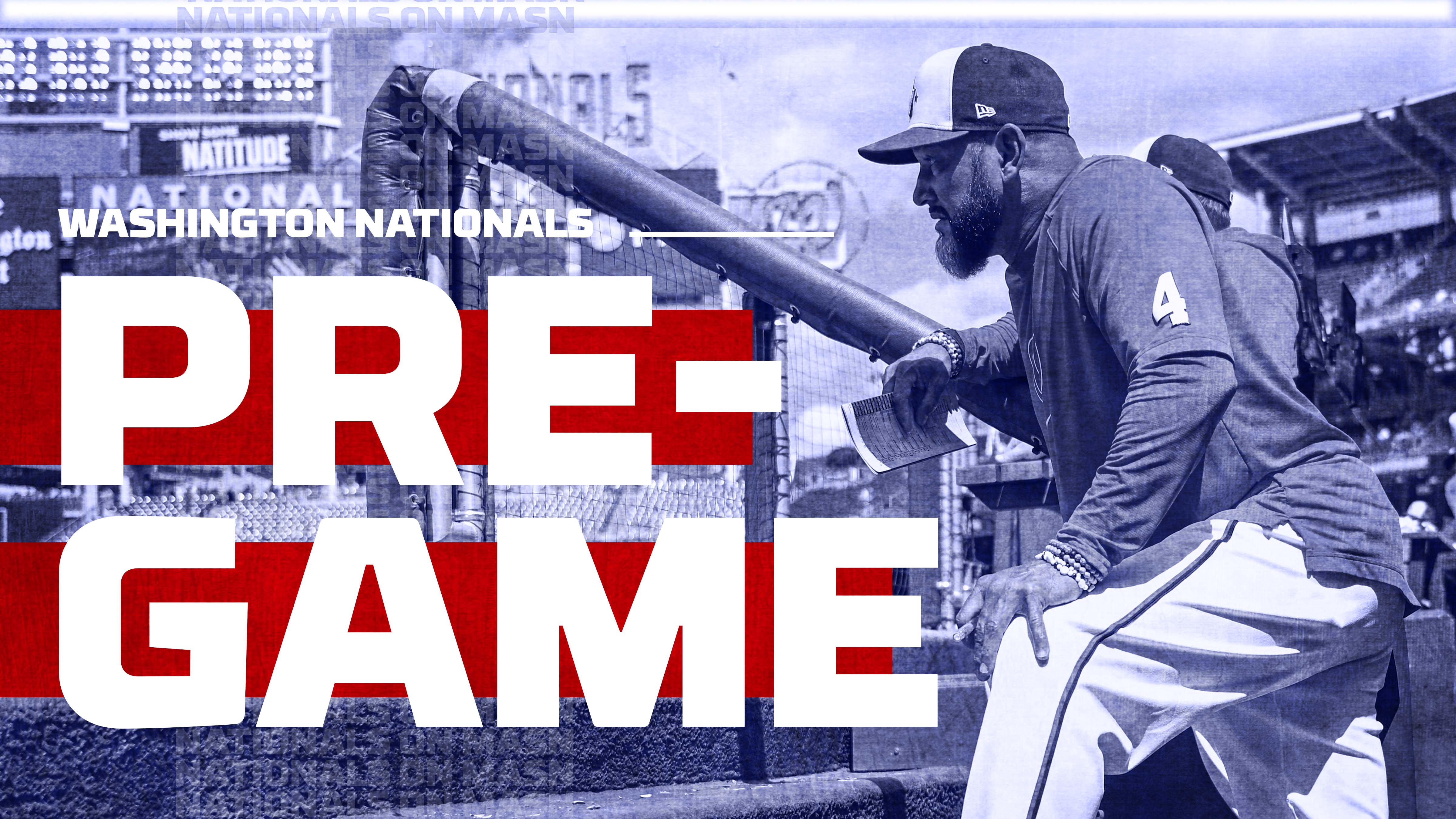MASN ALL ACCESS

Ramón Urías on need to come back from current stretch of losses

Dean Kremer following his start in series finale loss in Detroit

Brandon Hyde after a rough Game 3 loss to Tarik Skubal and Tigers

Drew French on pitching leading up to Game 3 against the Tigers

Roch Kubatko chats with Rob Long ahead of series finale in Detroit

Charlie Morton after throwing out of the bullpen against the Tigers

Brandon Hyde after a tough doubleheader day in Detroit

Catching up with Tomoyuki Sugano in Detroit

Davey Martinez leading up to series finale against the Mets

Alex Call, Luis García Jr. on comeback win over Mets in Game 3 of 4

Davey Martinez ahead of Game 2 with New York

Wood vs. Soto as Nats welcome Mets | PNC Series Insight

Kyle Finnegan brings veteran value while reaching records

Davey Martinez after back-to-back wins

Josh Bell on homer and Kyle Finnegan's save





-1745819772711.png)



